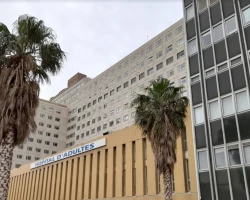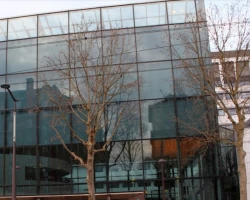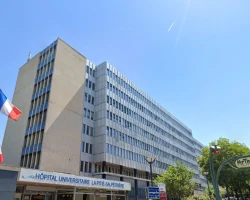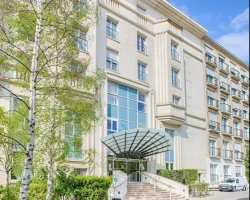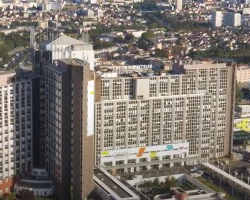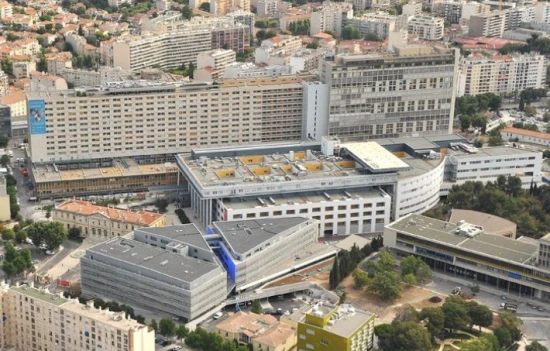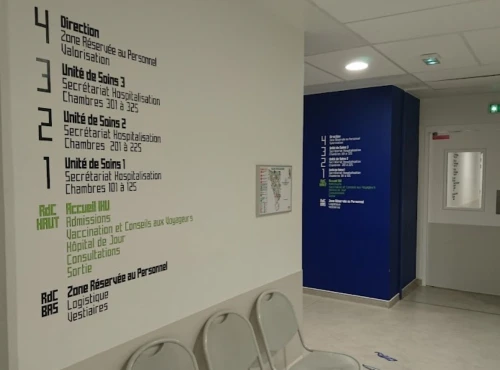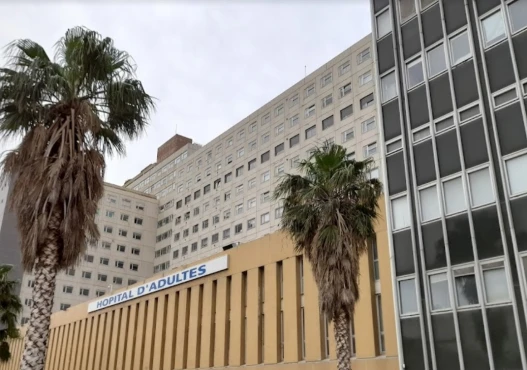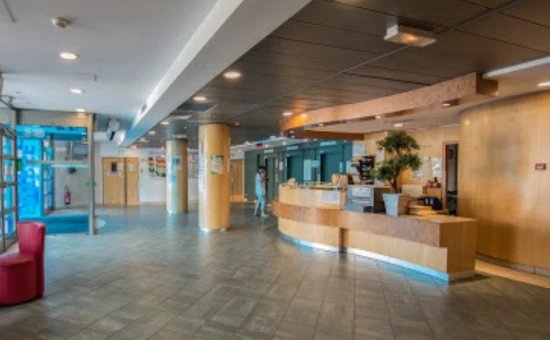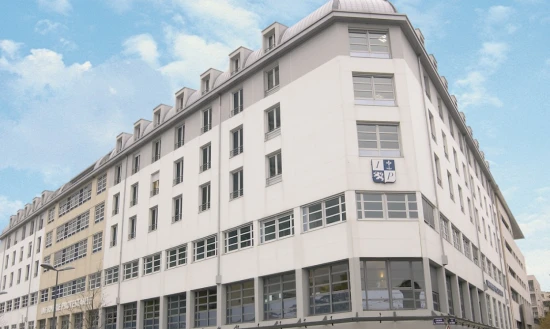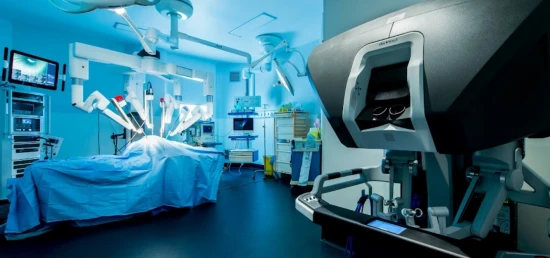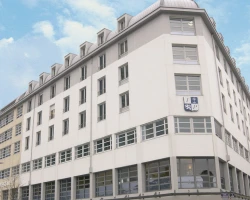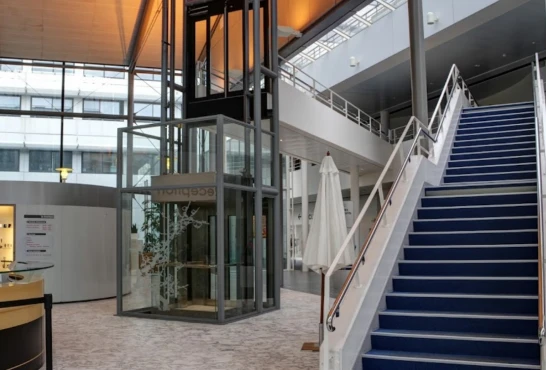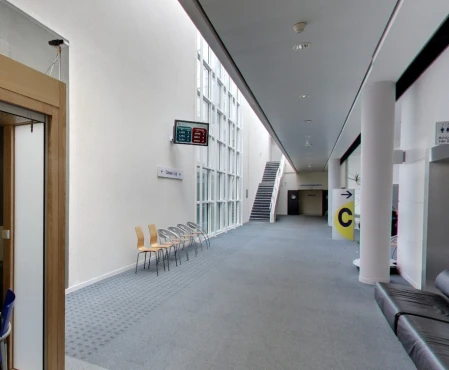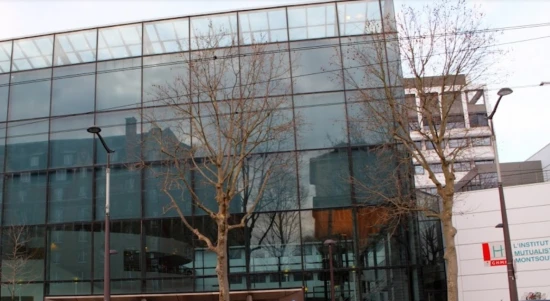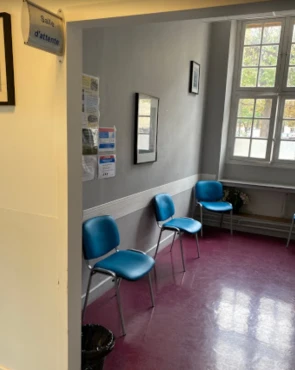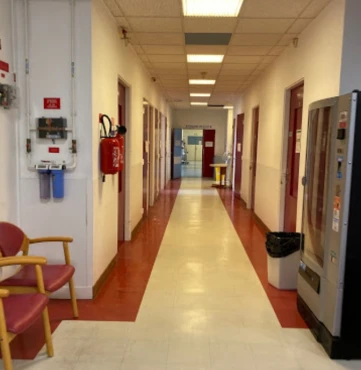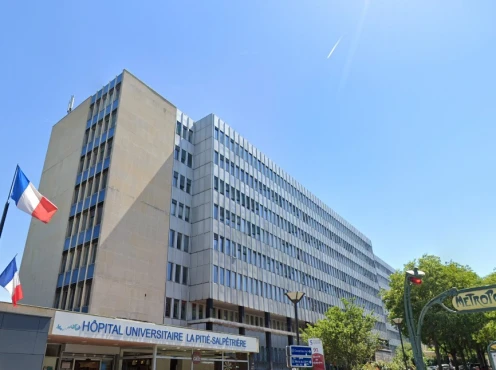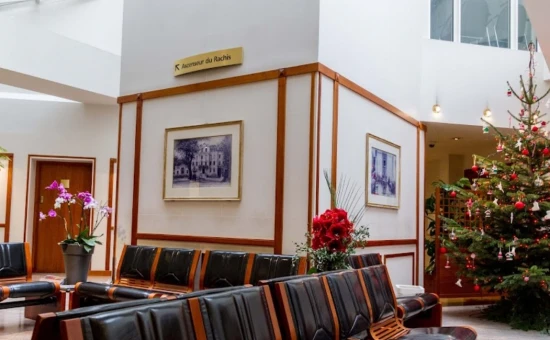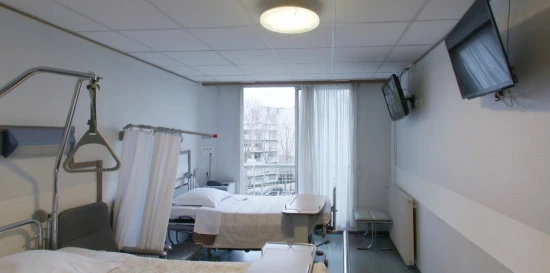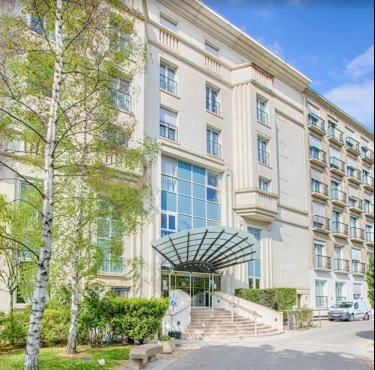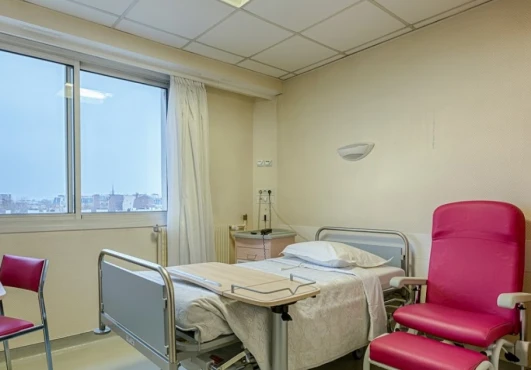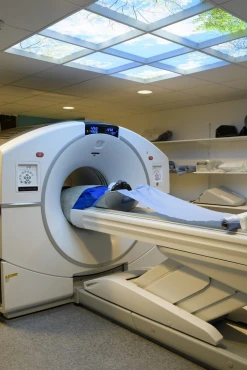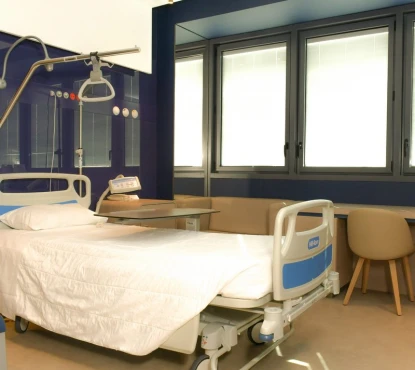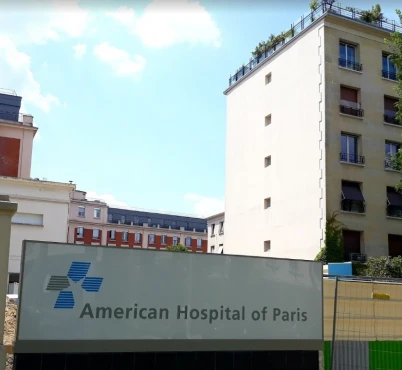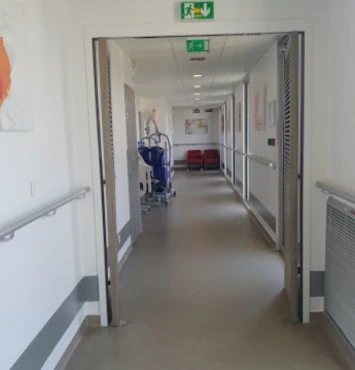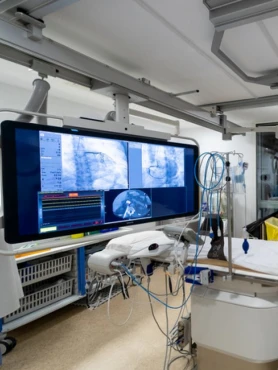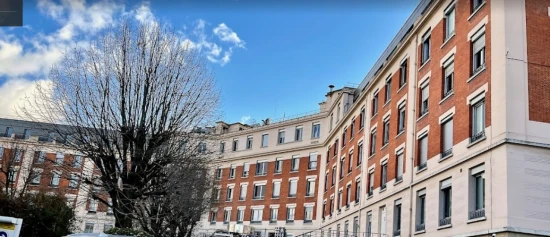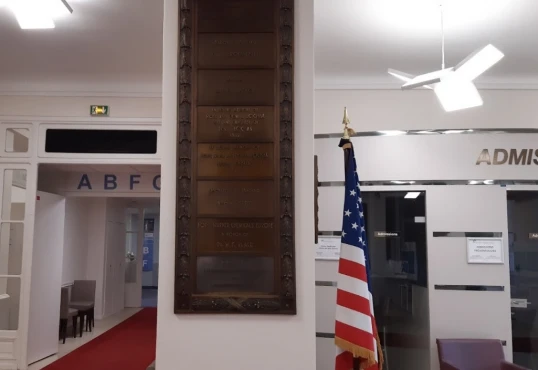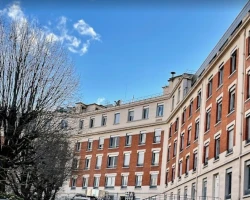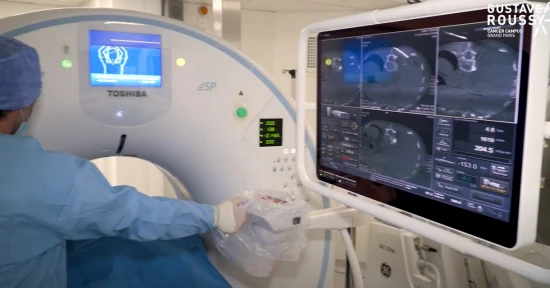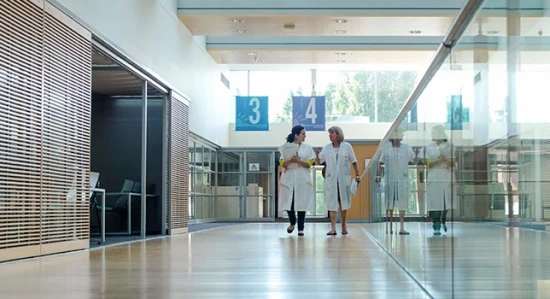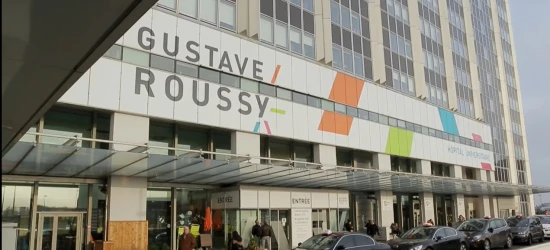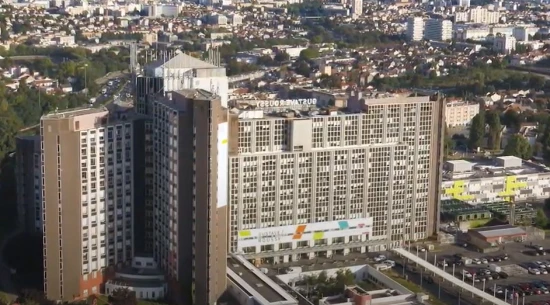from Online Training
November 27, 2023
Good doctor, good behavior. Satisfied patient.
from Peter G
September 29, 2023
I got to see two fabulous doctors, the first in emerg and the second in cardiology (who confirmed the original diagnosis). Both were extremely caring and knowledgeable. I felt in good hands. Minus a half star for the long wait to see the first doctor (but triage ekg was quick so I guess it wasn’t urgent). Minus another half star for the filthy, seatless public toilet for the waiting room but bonus point for the outstanding quality of the doctors.
from Eli Mera
April 26, 2023
You doctors who work in the Pitie Salpetriere hospital, bow your heads to the ground and beyond, for all those children's souls, whom you do not stop from their straight and fast path to earth. May all the joys with which you spoil yourselves, turn you into ashes, and let your empty souls shatter like the lives of the innocent, whom you leave daily prey to their suffering, evil and disease, without trying to save them, although their last hope it was with you. And we are not talking about terminal cases, but about people who can be saved easily, if you ONLY tried! World top 10 hospital: an advertisement for nothing!!! You shouldn't even be in the top 3 of a pitiful city, forgotten by the world! Great doctors who don't even see the patient, just sign to be discharged, and hide behind the reception, because you are busy. With what? Did you destroy the next man's life? How many people do you dust a day? Do you have a commission from cemeteries? Change all the staff! You made terrible recruiting mistakes! Give them difficult cases, without them knowing that they are being tested, and see what "doctors" you have! The rest, take their diplomas and useless documents and start sweeping the street, don't let them have the power to turn good people into dust!
